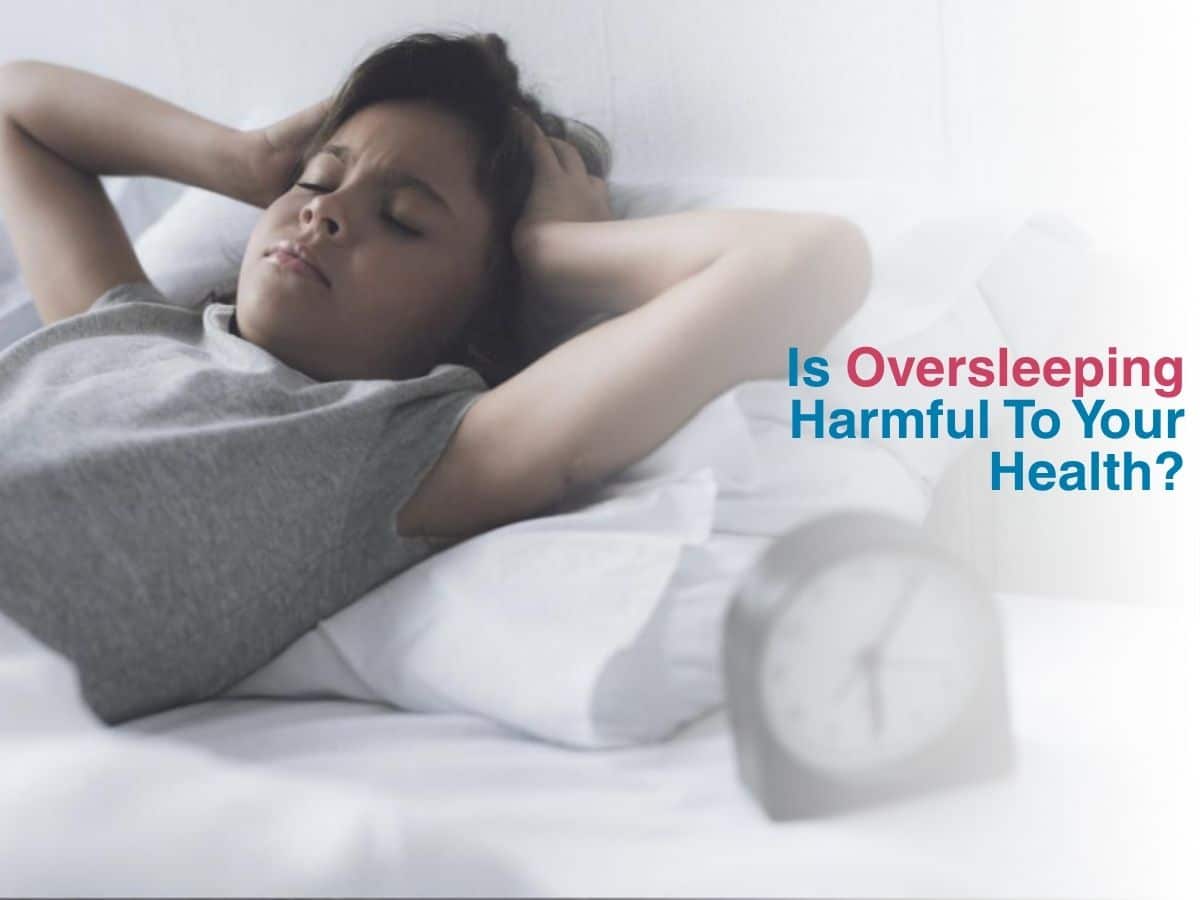
Is Oversleeping Harmful To Your Health?
 Sleep is an important biological process that scientists know is very necessary and restorative, but we still don’t know why we do it. Plus, what was even more confounding was that brain activity was very high even during sleep and even more than that in specific regions. Normal sleeping duration ranges from 7-9 hours each night, so if you sleep less than that, it is called hyposomnia, while the other extreme is hypersomnia- with you sleeping for more than 9-10 hours a day. Oversleeping for a little while is okay because you may be compensating for lost sleep- like a fever, work load, stress and other such factors. But, if you keep doing it, then it can get troublesome.
Sleep is an important biological process that scientists know is very necessary and restorative, but we still don’t know why we do it. Plus, what was even more confounding was that brain activity was very high even during sleep and even more than that in specific regions. Normal sleeping duration ranges from 7-9 hours each night, so if you sleep less than that, it is called hyposomnia, while the other extreme is hypersomnia- with you sleeping for more than 9-10 hours a day. Oversleeping for a little while is okay because you may be compensating for lost sleep- like a fever, work load, stress and other such factors. But, if you keep doing it, then it can get troublesome.
What Happens To Your Body When You Oversleep Regularly-
If you keep sleeping for too long for days on end, you may need to get checked by your doctor. You may be doing so because of conditions like sleep apnoea, narcolepsy, insomnia etc. sleeping longer than the normal hours is not an issue unless you wake up feeling tired and really annoyed. Other chronic conditions which may cause you to oversleep include obesity, heart disease, hypothyroidism, depression or anxiety, etc. among other possibilities. When you oversleep often, you worsen chronic inflammation, cause your immunity to shut down and increase your risk of developing heart disease and metabolic disorders. Stroke is also a condition that can arise due to oversleeping, in a few extreme cases.
Oversleeping Symptoms And Underlying Health Issues-
If you have the uncontrollable urge to nap in the afternoon, just want to sleep during the day because you always feel really tired or have bad headaches, then these are all mostly being caused by oversleeping.
How To Stop Oversleeping And Improve Sleep Habits-
The first step you can do to stop oversleeping is follow proper sleep hygiene. This means make sure your bedroom is a calm spot for you to just curl up and sleep, without too much effort. Make it a screen or gadget-free zone. Sleep at the same time every night and wake up at the same time in the morning, with an alarm if necessary. If you do have to take a nap, then make sure it is not after 3 PM.
Conclusion
The ideal sleep duration to avoid health risks of oversleeping is 7-9 hours, as usual, though some people report no problems if they sleep for fewer hours. But, it is okay to oversleep if you have had to travel a lot, had to do a lot of physical activity during the day or are just really tired and sleep deprived. Not sleeping enough causes a sleep debt of sorts and this can cause problems for you too. Not sleeping enough chronically is also problematic, as it can again cause a lot of hormonal fluctuations and mood changes. Compensating with sleeping over on the weekends will not always work in such a scenario. Make it a habit to sleep on time and sleep for the right amount of time, every time!






